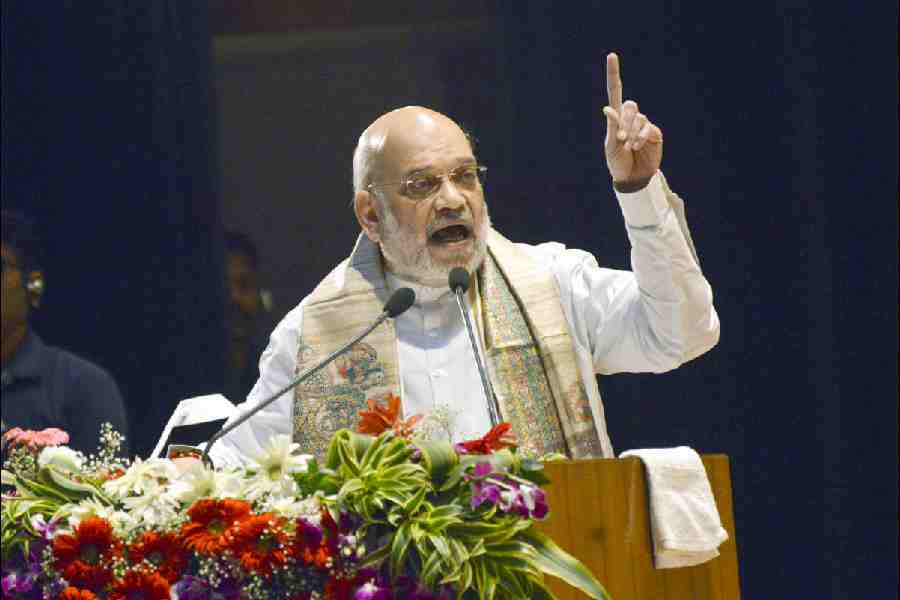 |
| Coke: Water woes |
Thiruvananthapuram, March 26: Coca-Cola is planning to close down its Kerala bottling plant that has remained shut for the past two years amid complaints of groundwater exploitation, an NGO has claimed.
But even the proposed closure, for which people, especially the tribal population, in the neighbourhood have been agitating for the past three years, has run into a storm.
The action committee has demanded compensation for the workers and damages for the people who, it claims, have been at the receiving end ever since the plant started operations at Plaachimada in north Kerala?s Palakkad in March 2000.
Coca-Cola has not made any official announcement of the closure plan and no official was available for comment. The plant provides direct and indirect employment to as many as 5,000 people.
However, leaders of the movement against the plant said on Friday that that Corporate Accountability International, an NGO which discussed the issue with Coke officials in the US, had been told that a recommendation would be made to wind up the plant.
This was disclosed by the Plaachimada Solidarity Committee general secretary, R. Ajayan, and the Anti-Coca-Cola Action Committee chairman, V. Venugopal.
The action committee now wants the state government to broker a settlement. The committee also wants the plant authorities to withdraw all cases they have filed in various courts.
If the plant eventually closes down, it will be seen as a victory for indigenous people?s fight to safeguard their environment from multinational corporations.
But it is not yet clear whether Coke itself will seek compensation from the state government for having to wind up operations prematurely.
If Coca-Cola does so, it will be a test case against the backdrop of the state government?s assurances on uninterrupted production. Like Bengal, Kerala is also trying to bury its image of a trade union-controlled, industry-unfriendly state.
It was a ministry led by the CPM, now in the opposition, that had invited Coke and Pepsi to set up units in the arid lands of Palakkad as part of an industrialisation drive.
All major concerns regarding groundwater exploitation and environmental impact were addressed before the state pollution control board and the industry department cleared the two units.
But with the change of government, the CPM jumped into the fray, backing the tribal agitation for the plant?s closure. The Perumatty panchayat, which is controlled by the Janata Dal, part of the Opposition Left Democratic Front, eventually refused to renew the plant?s licence.
By then, the plant was caught in a slew of cases, both for and against its operations. The Congress-led state government had little option but impose restrictions on the plant?s groundwater use, citing poor rainfall in the district.
A BBC expose on the toxic contamination in the plant?s effluent sludge proved a morale-booster for the tribal agitators.
The report attracted international attention with the Coke vice-president in New Delhi hard put to explain differential standards for Coke?s operations in the West and in developing countries.
Kerala then witnessed a concerted campaign by progressive science organisations and people?s initiatives against MNC products. Sales of both Coke and Pepsi declined, though temporarily.
According to sources, Coke might shift the unit either to Tamil Nadu or a north Indian state.
The focus has now turned to the Pepsi unit in the Pudussery panchayat area in the same district. But the panchayat committee there is controlled by the CPM and it has not been particularly eager to force the closure of the unit, which employs 300 people.











